TL: What was your earliest racing memory and was being involved with horses something you always wanted to do?
NM: It was something I always wanted to do. We used to have a sauna here at home and I remember my Dad [Niall ‘Boots’ Madden] being in the sauna when I was a kid. That was my first early memory of Dad being a jockey and into racing.
Racing has been all my life, between my Dad and my Mum [Trish] whose father was Toss Taaffe, whose family were steeped in racing. As people would say, I am bred in the game.
TL: Your first winner was Teknash for your father at Wexford in July 2002. How did it feel to ride your first winner?
NM: That was a day I will never forget. We were going to Wexford with a big chance with a horse that I knew well in my mother’s colours and he went and duly won. It was a fantastic day and then 10 days later he went to Galway and we won again.
The race was on Galway Plate day and it was televised on RTÉ. It was a springboard for me as things just rolled on from there.
TL: What jockey did you aspire to be like when growing up?
NM: I loved watching Paul Carberry ride and I eventually got to meet and work with him at Noel Meade’s stables. He was a great man to school with and he had a lovely pair of hands on a horse. A brilliant horseman and a lovely person as well. Paul had his own way of doing stuff but he got horses to run and jump for him.
TL: What did your daily routine consist of when you were a jockey?
NM: It depended on where I was working at the time. At Noel Meade’s you started at 7:30am. You would be there for the morning, riding five or six lots and schooling them as well.
Then you would hop in the car and go racing. During the summer there were evening meetings which meant that we were never in a rush.
In the winter racing would consist of Clonmel on a Thursday, or maybe Thurles, and then at the weekends you could be anywhere. It all depended on the time of year and where I was working.
In the latter days I would be riding out a few of J.P. McManus’ horses on the Curragh and then heading off racing.
TL: What was it like winning the Grand National on Numbersixvalverde in 2006, and did you think he had a chance leading up to the race?
NM: I won the Thyestes on him so I always thought he had all the right credentials to win a Grand National.
At Aintree I was going as quick as I was able to go on the first circuit and I knew the ground was slow which meant that the field would come back to me.
They steadied up going around the bend and I got into about seventh or eighth position and I looked up and I had A.P. McCoy and Ruby Walsh in front of me.
I turned into the straight upsides those two lads and knew I had a massive chance of winning the biggest race in the world. Numbersixvalverde went on and won comfortably.
It is one of those things where you do not forget anything. You remember all the little things.
It was the first year of Aintree since it had been refurbished so we had to walk the whole way around to get back to the winner’s enclosure. It was great because it gave me a chance to gather my thoughts.
TL: You were just 20 when you won the Grand National. If you could go back in time what advice would you give your 20-year-old self?
NM: Enjoy it more. I would have loved to have ridden in it one or two years before I won it but, do not get me wrong, I was absolutely delighted to win it the first time. I think I would have enjoyed it more if it was my second or third year to ride in the race. I would have done a few things differently.
It was a day I will never forget and you will always be known as a Grand National-winning jockey.
TL: In what way has racing, or more specifically National Hunt racing, changed since you started riding?
NM: When I was riding Noel Meade was the top trainer and there were lots of trainers snapping at his heels. Everything is swings and roundabouts. It was Noel Meade and Arthur Moore for long enough and nowadays it is Willie Mullins and Gordon Elliott. It will all turn around again and nothing lasts forever. Both stables (Mullins and Elliott) have great owners and massive teams.
You cannot knock lads for doing their jobs well and I think fair play to them and long may it last.
TL: Your younger brother Tom is now a jockey in Australia. Were you ever tempted to move to Britain or further afield during your career?
NM: I was never tempted as I was happy where I was. I moved to Britain for a while to ride for Harry Fry. I am delighted I gave it a go and I made plenty of friends and contacts there. I enjoyed my time there and rode plenty of winners.
In Irish racing the best horse will always win and in England the fittest horse will always win, which would be the difference in racing between here and the UK.
TL: You currently work for RTÉ Racing, What does that job involve?
NM: I have a few jobs in the industry and I work with RTÉ on televised racedays. I am their parade ring coordinator. This job involves sorting out all of the interviews.
I would have a look through the card and see who we need to interview before certain races. You would keep an ear to the ground to see who was coming racing today, like an owner or a breeder who would be of interest to talk to.
After the race I make sure we approach the key personalities when the time is right.
TL: If there was something in racing which you could change what would it be?
NM: I think the prize money needs to be increased for jockeys and trainers. It is not as much as everyone thinks.
Everyone just sees the big days with the lads training the winners when there is a big meeting on but that is only one jockey, trainer and owner.
There needs to be more money for the smaller races. The lads who train the big winners all the time are doing fine.
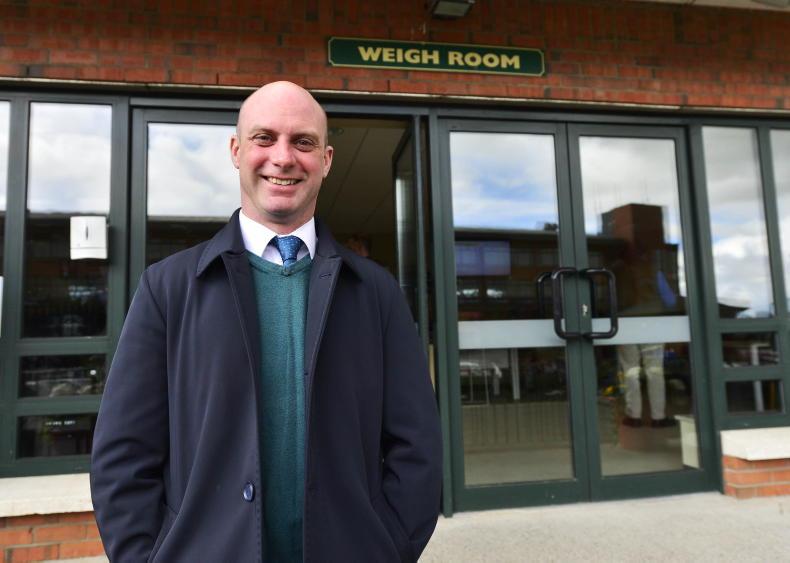

 This is a subscriber-only article
This is a subscriber-only article
 It looks like you're browsing in private mode
It looks like you're browsing in private mode




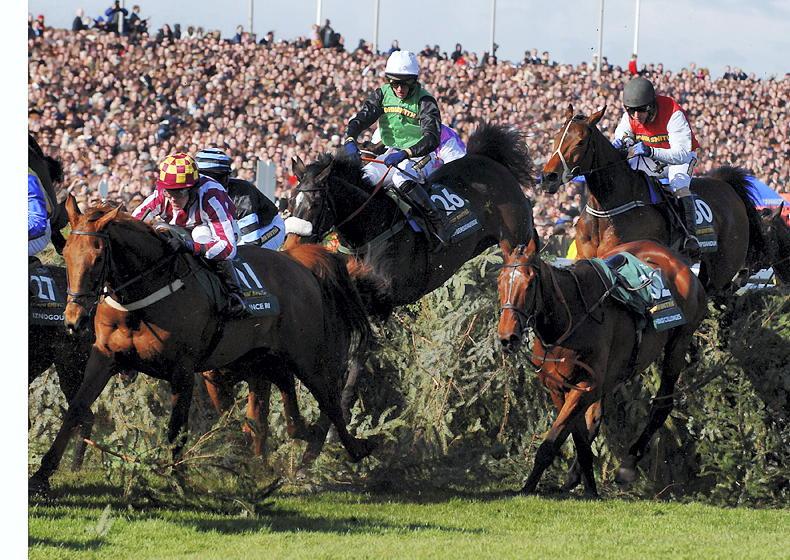
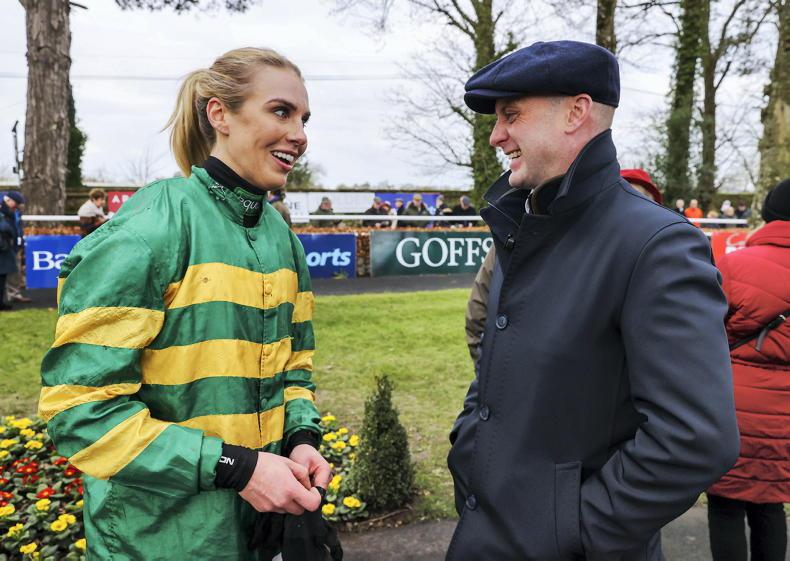

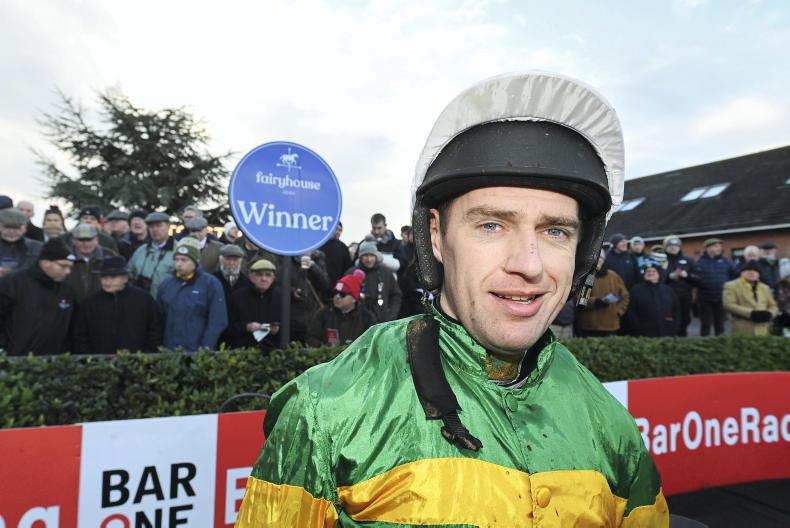
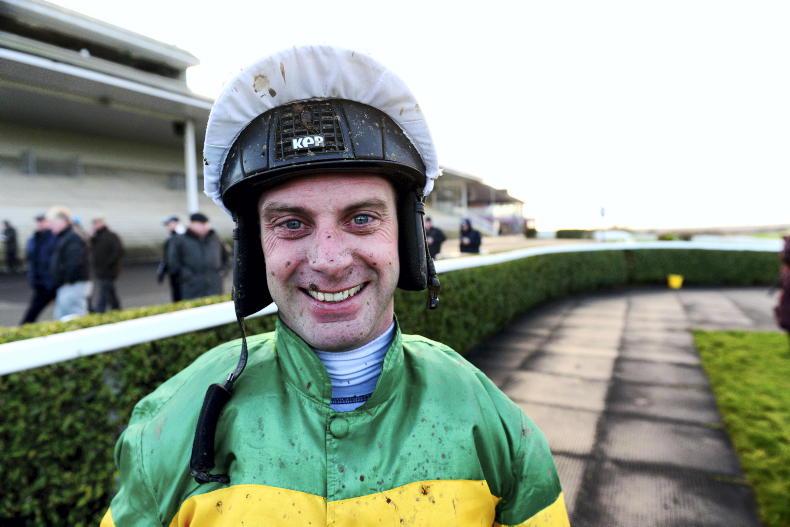
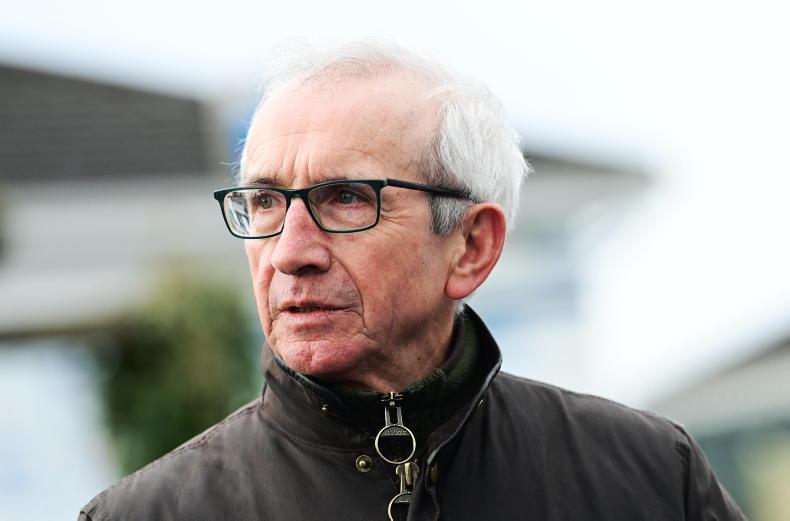


SHARING OPTIONS: